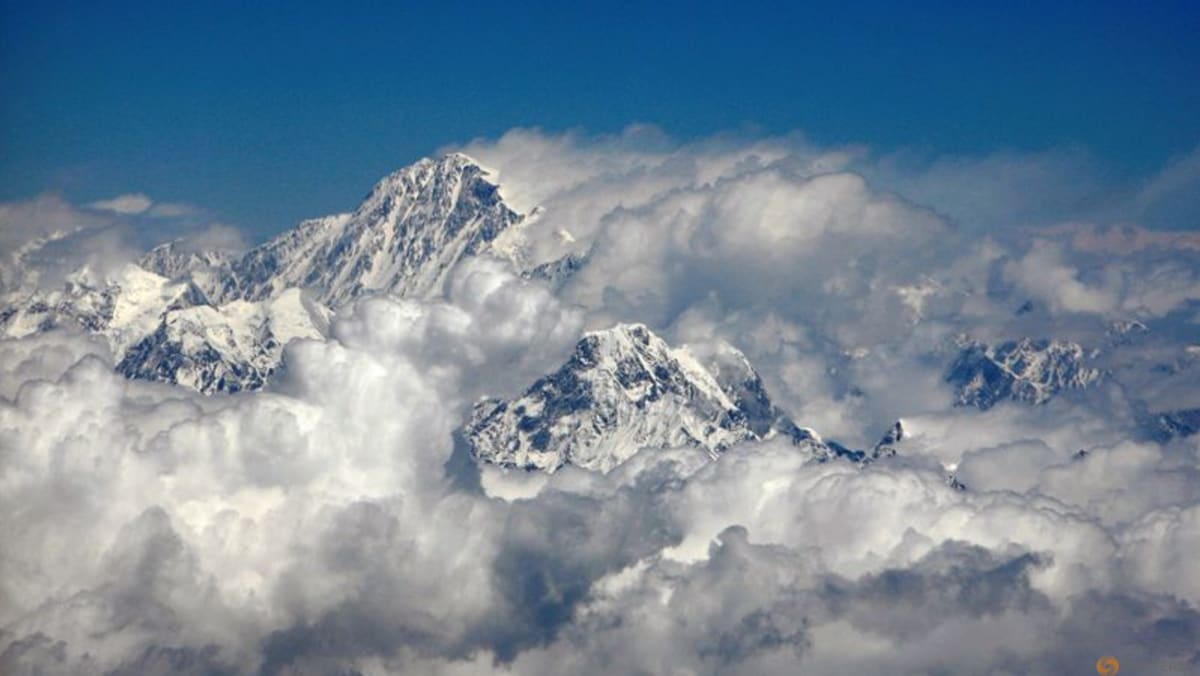The momentum on the battlefield, if slow, remains with Russia. Mr Zelenskyy’s risky gamble of invading Russia’s Kursk region in early August has not really paid off. Ukrainian units that would otherwise be available to hold the line against Russian advances in Donbas are tied down in Kursk still holding on to most of the ground seized in August but under heavy pressure by Russian counter attacks.
Ukraine continues to lack materiel and manpower, while Russia remains well-supplied by Iran and North Korea and has just announced a further enlargement of its armed forces by 180,000 combat troops.
Moreover, relentless Russian attacks against Ukraine’s energy network over the past months have caused substantial damage that the country has found difficult to repair. Lacking in adequate air defence capabilities, this is unlikely to improve anytime soon and does not bode well for the morale of Ukrainian civilians during the coming winter months.
This is also likely to have a knock-on effect on frontline troops who are already affected by low morale after a gruelling more than two-and-a-half years of war.
The best that can be hoped for is now that Kyiv and Washington, and the wider network of Western supporters, recognise that the aspirations for a defeat of the Russian aggression and the reality of it being possible on the basis of current strategies are dangerously far apart. It is not too late yet to change course on the path towards otherwise almost inevitable disaster, but time to do so is running out fast.
Stefan Wolff is Professor of International Security at the University of Birmingham and Head of the Department of Political Science and International Studies.













